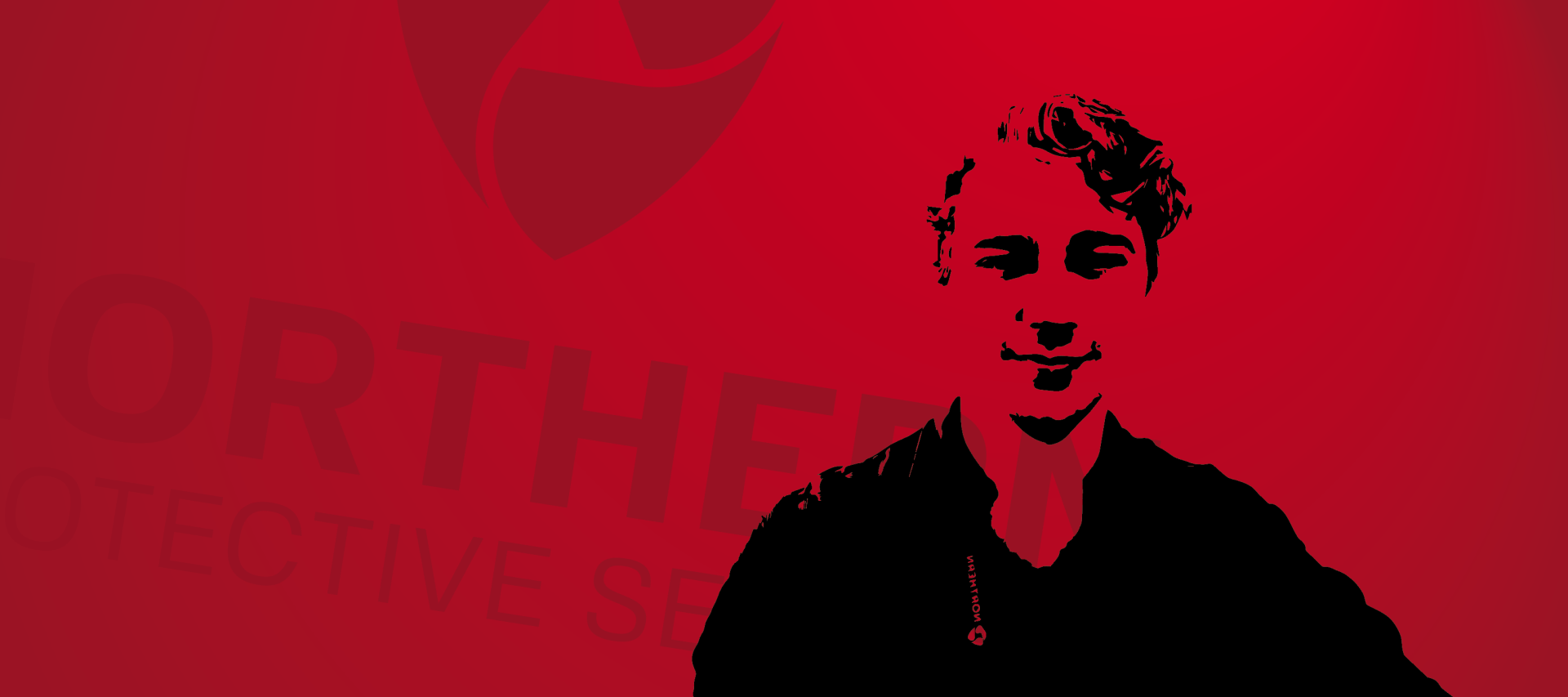Blog
Search Blog Titles
The Northern Protective Services Blog
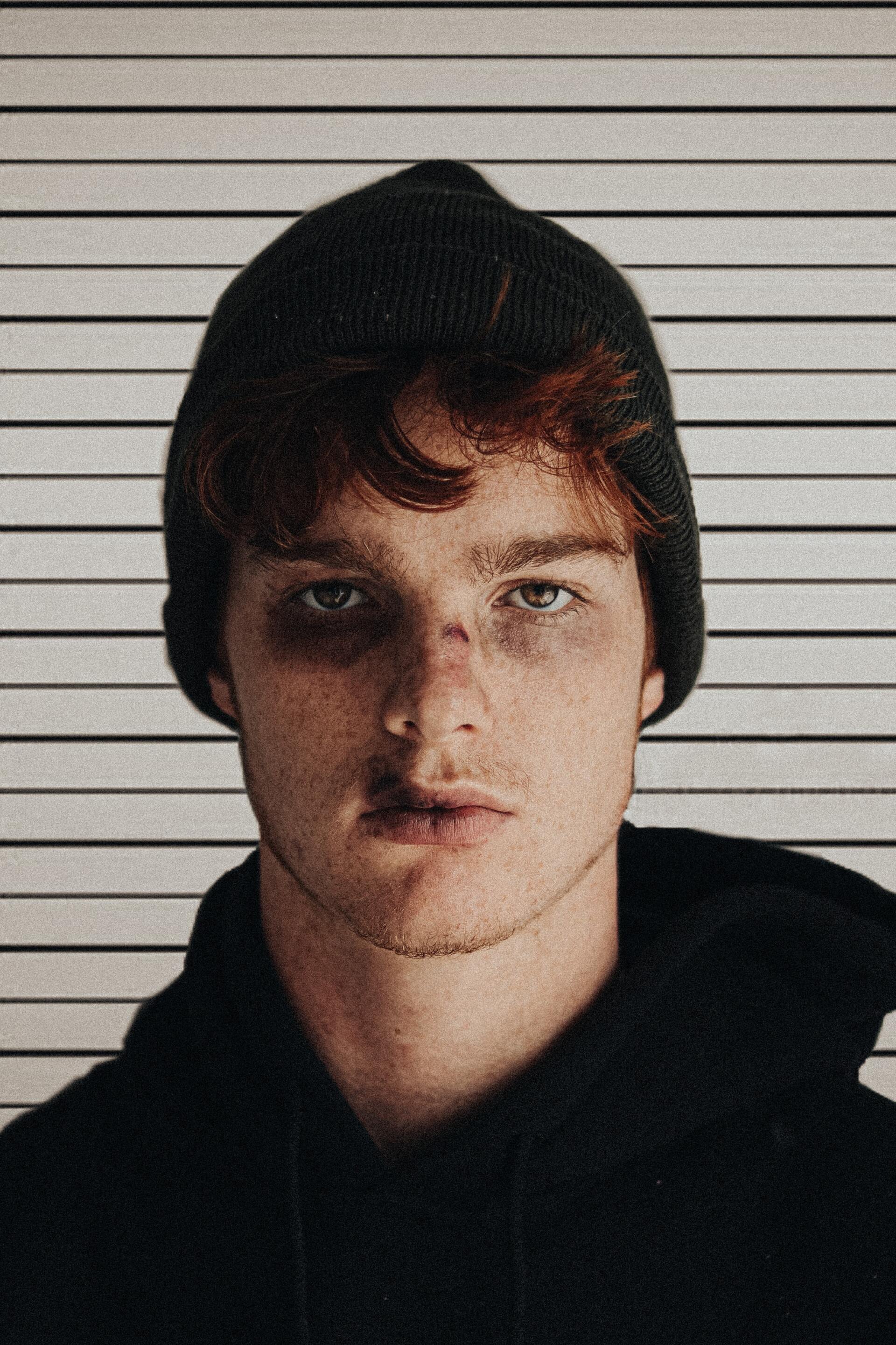
By gary.alexander
•
10 Feb, 2021
Kununurra Security Officers working for Northern Protective Services (NPS) have come under a sudden increase of violent attacks in the past month. The sudden increase has been attributed to a rise in alcohol and illicit drug use by members of the Kununurra community.
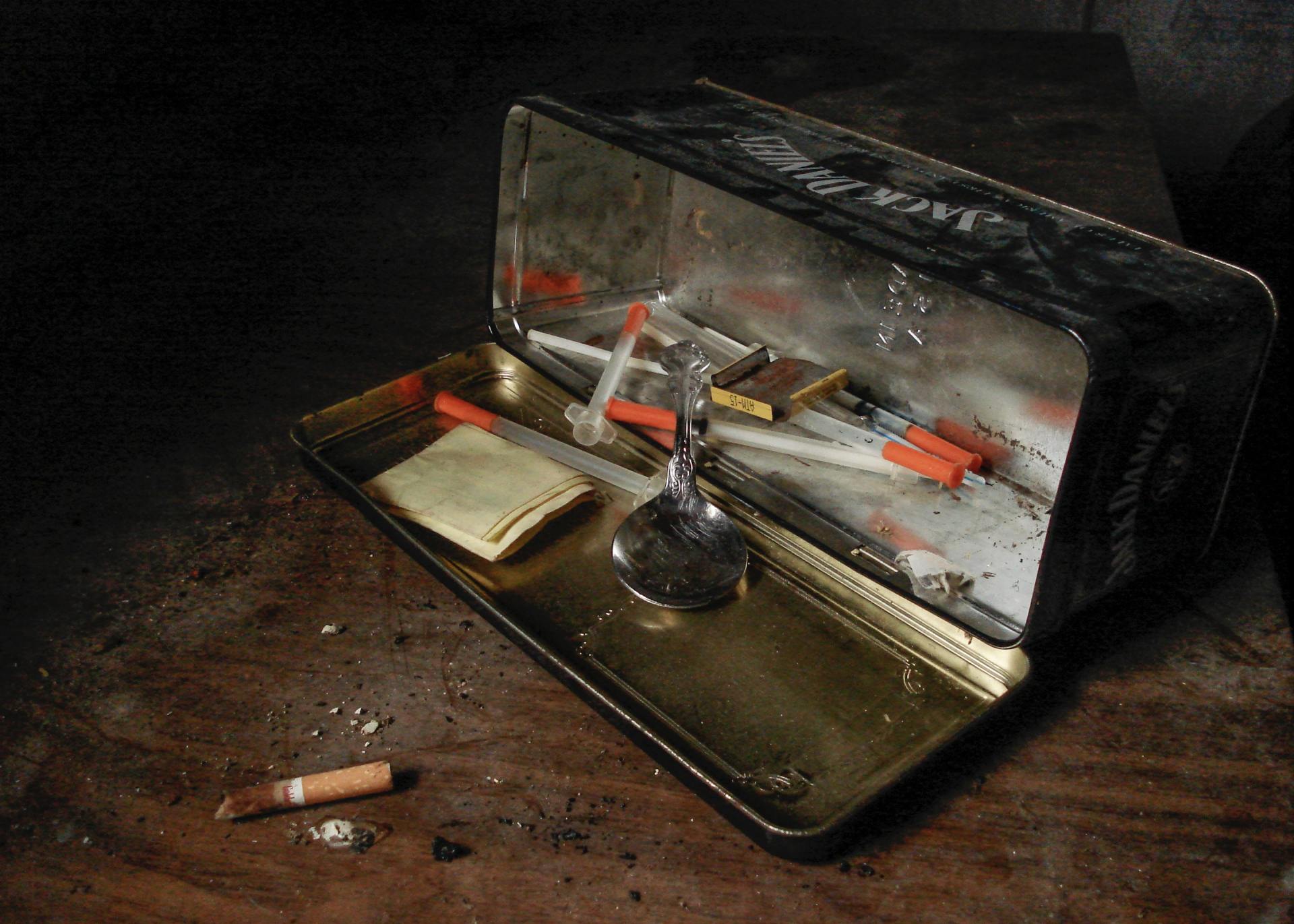
By Tyrone Baldwin-Syrch
•
13 May, 2020
Drug or substance abuse continues to be a serious issue in Australia. Over 1,800 drug induced deaths were reported in 2016; and that number has not been as high in almost 20 years. Some people fall into addiction when trying recreational drugs out of curiosity. However, illegal drugs are not the only drugs that can become addictive and people can develop a dependency on prescription medication if not used as directed by their doctors. It is important to be able to identify the signs of substance abuse in your home or amongst your friends; because it isn’t only the individual that is affected, everyone else around them feels the impact too. There are many obvious signs of addiction, however some signs can be more subtle and harder to spot. Some physical and behavioural symptoms of drug abuse are: Increased aggression or irritability Changes in attitude or personality Changes in habits and/or priorities Lethargy (always physically tired) Depression Bloodshot or glazed eyes Dental Issues Sudden weight changes Unkempt appearance Problems sleeping or sleeping too much Another obvious sign of substance abuse is the presence of drug paraphernalia (smoking pipes, bongs, needles, syringes, miniature spoons etc). It is worth familiarising yourself with the many different types of paraphernalia and the names associated with different types of drugs. There are many less obvious signs of substance abuse, such as excessive amounts of empty aerosol cans, or constant burning of incense. These signs tend to go unnoticed very often. Alcohol Addiction Not everyone that drinks alcohol will become addicted, but there are people who are more susceptible to addiction than others. Some signs of alcohol addiction are: Inability to control drinking Neglecting personal / family responsibilities Conflicts with loved ones Needing increased amounts of alcohol to feel its effect Getting drunk at possibly hazardous times, such as driving Marijuana Addiction This particular drug can have profound effects on certain users. For example, marijuana is known to intensify symptoms in users with schizophrenia. Some signs of marijuana addiction are: Increased appetite Bloodshot eyes Impaired memory Paranoia Slowed reflexes and impaired motor skills Ecstasy Addiction Ecstasy in an illegal synthetic drug that can be found in various forms, including pills, capsules or tablets. Typically, ecstasy is the type of drug found in nightclubs or festivals, however use can also extend to private homes or parties. Ecstasy is referred to by many names, such as ‘MDMA’, ‘Molly’, ‘X’, or ‘XTC’. When someone ends ecstasy use, it may be difficult for the user to feel ‘happy’, as the user has depleted their serotonin supply. This will trigger: Depression Insomnia Poor memory Worry Confusion Increased desire for the drug Prevention is the best way to ensure that you and your loved ones are not affected by drug abuse. There are many resources available online that you can use to further educate yourself on the signs and treatments of drug abuse. While this short guide points out some signs of addiction, please be aware that not all these behaviours or physical traits are a definite sign of drug addiction. If you believe that yourself or someone you know is suffering from drug addiction, please contact Anglicare on 08 9168 1177, Lifeline on 13 11 14, or for matters needing immediate attention, please contact your local police station. (Kununurra Police on 08 9166 4530) Sources: www.helpguide.org/articles/addictions/drug-abuse-and-addiction.htm www.drugabuse.com https://www.abs.gov.au/ausstats/abs@.nsf/Lookup/by%20Subject/3303.0~2016~Main%20Features ~Drug%20Induced%20Deaths%20in%20Australia~6
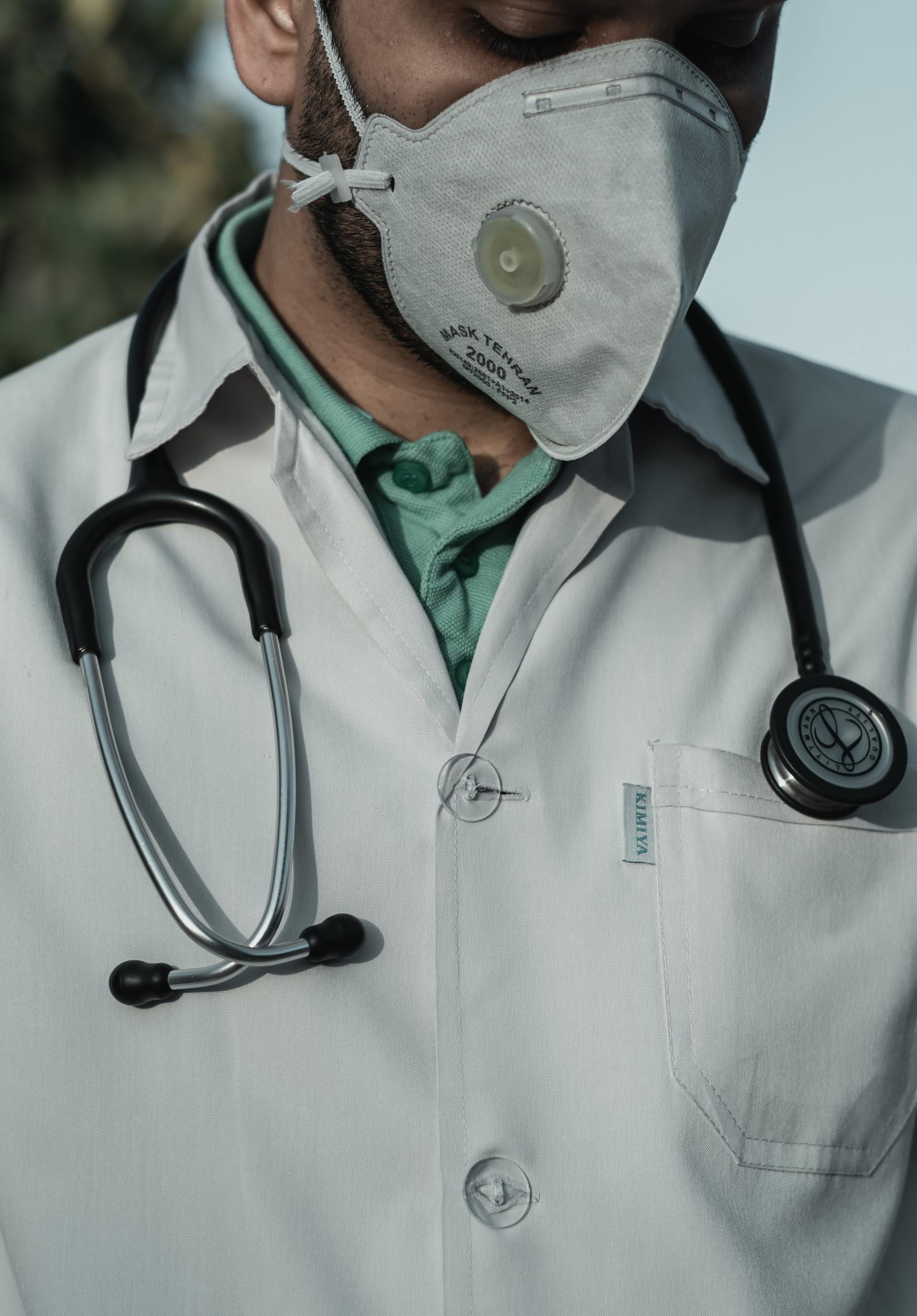
By gary.alexander
•
13 May, 2020
You’ve likely already heard about COVID-19, or the ‘Corona Virus’. However with the amount of information available to everyone through the internet and the ability for anyone to claim that their facts are trustworthy, it is likely that many have been misled. With nearly 4.5 million COVID-19 cases and approximately 295,727 deaths worldwide at the time of writing this article, many people are still not fully informed of many of the facts – and may believe some of the many rumours circulating social media. With this article, we have consolidated some of the most important facts reported by reliable sources, so that you and your family can keep healthy and prepared for COVID-19. “Face Masks – Do They Work?” Face masks do not offer a complete guarantee that you will not get sick, however some studies have shown that a face mask will offer up to five times the protection in comparison to not wearing a mask at all. While face masks do offer a small amount of protection, there is no need to stock up on massive amounts of masks as they will most likely make very little difference when exposed to the public. Face masks will capture droplets – being the main transmission route of the virus – although the infection can be transmitted through the eyes and tiny viral particles through the mask (depending on what mask your wearing). While masks are widely used, it is advised by medical professionals that you use masks particularly if you are showing symptoms of COVID-19 or are in close proximity of someone displaying symptoms. Another important factor to be aware of is that stockpiling face masks can lead to shortages elsewhere; particularly for hospital staff or people caring for infected persons. “Isn’t the Corona Virus no more deadly than the common cold?” While many sufferers of COVID-19 will experience nothing more than symptoms similar to the common cold, the rate at which the virus spreads means that the low fatality rate is still a huge problem. While only currently 7% of the 4.5 million documented cases have resulted in death, this number still brings the death toll to nearly 300,000 worldwide. While the flu has a higher fatality rate, the CDC (Centers for Disease Control and Prevention) reports that there are still many unknown factors relating to COVID-19 and unlike the seasonal flu, there is still no vaccine for COVID-19 yet. “What are the symptoms of COVID-19?” Not unlike the seasonal flu, symptoms can include a fever, coughing, runny nose, sore throat, mild headaches or mild body aches. Also be aware that as public health professionals uncover more about the virus, more information will become available, as these symptoms may not be the only ones that can identify infection. Symptoms are not always visible straight away, they may show from 2 – 14 days after exposure. If you believe you are suffering from COVID-19 or have any of the symptoms, please contact your local hospital over the phone and seek further instructions to be tested. “If the virus only kills the elderly, can young people relax?” If you do not have underlying health issues and are not elderly, there is a chance you will not become critically ill due to the virus. However, those infected with the virus still have a higher chance of developing serious respiratory symptoms than the common flu, resulting in a higher risk of spreading the virus if people are not serious about preventing further infection. The actions that young people decide top take will affect the most vulnerable of society, meaning they have a very important role in the overall trajectory of the virus. “How can we prevent the spread of infection?” The precautions we can take to prevent the spread of COVID-19 are very similar to those associated with many other infectious diseases. Regardless of whether you are infected or not, it is advised that you wash your hands with soap and hot water regularly for at least 20 seconds. You should also avoid touching your mouth, nose or eyes with unwashed hands; avoid close contact with people who are sick; and clean and disinfect frequently touched objects or surfaces. What next? It is important to not let public hysteria or online fear-mongering creating panic. While there is a lot of misleading information spread all over social media, there are also many reputable sources from which you can gain important information regarding COVID-19. The link below provides accurate information and is updated regularly: https://www.worldometers.info/coronavirus/ If you believe you are suffering from COVID-19, please contact your local hospital over the phone and seek further instructions. SOURCES: https://www.theguardian.com/world/2020/mar/15/can-a-face-mask-stop-coronavirus-covid-19- facts-checked https://www.hopkinsmedicine.org/health/conditions-and-diseases/coronavirus/2019-novel- coronavirus-myth-versus-fact https://morgridge.org/outreach/teaching-resources/virology-immunology/coronavirus-fact-sheet/ https://www.worldometers.info/coronavirus/ https://www.livescience.com/new-coronavirus-compare-with-flu.html https://www.ynhhs.org/patient-care/urgent-care/flu-or-coronavirus

By EK Security Team
•
14 Aug, 2019
Everyone deals with stress; it’s how you cope with that stress that relays either a positive or negative message to the community. You can decide to constructively expand on what is affecting yourself by attending social events, planning and taking part in exercise; which has been proven to improve mental well-being. If someone hasn’t properly managed their behaviour it can lead to what we call “Impulsive aggression”, this circulates as aggression used – To express anger or hostility To assert dominance To intimidate or threaten To achieve a goal To express possession A response to fear As a reaction to pain To compete with others If not appropriated in a healthy and social way it can lead to social and mental decline that could impact the people and businesses around you. Behaviour can escalate, the warning signs are: loss of temper on a daily basis. frequent physical fighting. significant vandalism or property damage. increase in use of drugs or alcohol. increase in risk-taking behaviour. detailed plans to commit acts of violence.

By EK Security Team
•
28 Jul, 2019
We all want to believe that our home is the safest place to be, as this is where we spend most of our family time and private life. So, to have peace of mind that it is secure we incorporate Deterrents to ward off undesirable behaviour. It doesn’t need to be expensive too start; all you need are a few handy starting points to ensure good crime prevention, these are as simple as : - 1. Putting in a front gate Never underestimate the simplicity of installing a front gate, an opportunistic thief’s’ time is of the essence during a burglary, the burglar is more likely to skip your house, as thieves in most cases want a quick and easy obtainable heist. 2. Securing your windows Installing a barrier between you and the thief will make it harder to get their hands on your things, and the more likely it is that the thief will move on. There are numerous things you can do to make it harder for someone to get inside, however key points are to make sure your windows are locked and consider adding Crimsafe to your windows. 3. Have your friendly neighbourhood security team take a look… If you live in a tight-knit community and you know your security provider well (like Northern Protective Services in Kununurra), they can be part of your crime prevention plan. As we all know far too well unfortunately, there are signs burglars look for to see if you’re away. When you’re asleep or out of town, they might notice suspicious activity around your home and notify the authorities. To help stifle this opportunity, it’s a good idea to have your local security team keep a watchful eye while you’re gone. It is also a good idea to discuss your mailing options if you are to receive packages on your property. 4. Buy a Dog We’re of the mindset that dogs are important to any crime prevention plan, as they can potentially detect intruders or an opportunistic thief who shouldn’t be where they are. A barking dog is often enough to scare away a potential threat.

By EK Security Team
•
10 Apr, 2019
We’ve all heard of how convoluted and dangerous the online world can be, especially when they get a hold of your credentials through a bank or other institution... Banks are increasingly tackling these types of cyber crimes by introducing anti “Skimming” and copying technology used by today's criminals by means of aggregation apps. Aggregation apps are at this moment in time are the BEST WAY to avoid scammers, as generally a linking code is used to talk to your bank to authorize payment. Many online platforms such as PayPal are sending banks small increments at a time in order to get the banks and the consumer to verify that they did indeed pursue that purchase.

